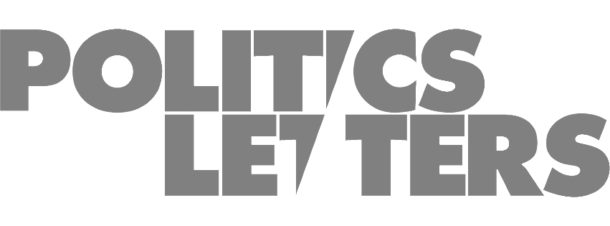We’re back, right on schedule, thanks to the foraging skills of associate editor Bruce Robbins, who found most of the authors who follow.
We open with my “interview” of Columbia’s Ross Posnock about his brilliant new book, Renunciation: Acts of Abandonment by Writers, Philosophers, and Artists. I put the word in quotes because I sent Ross those questions and got back a kind of manifesto.
Next is a review of Lee Konstyantinou’s book by Ben Parker, who has recently been appointed at Brown. It—the review—is a remix of themes from modern social theory that reminds us of the young Zizek, the guy who gave us the best readings of Hegel since Royce, Wahl, and Kojeve. Then, speaking of Zizek, another review—by Gabrielle Dacosta of Jeremy Glick’s new book, Black Radical Tragic, which takes us back to Eric Williams and C. L. R. James, but also forward, toward Cedric Robinson. (Zizek reviewed the book for the LA Review.)
You could say that what follows is a debate about the meanings of technology along the lines Jonathan Franzen and Teddy Wayne have recently proposed, whereby machines—particularly those “personal devices,” and especially cell phones—are mere distractions from reality, more fodder for false consciousness, even threats to what is called thinking. But R.H. Lossin and Philip Polefrone are, oops, smarter than that. They both refuse the either/or choice of for or against technology, because they both assume we think with machines, and have been doing so for centuries.
The next two pieces explore the very possibility of Jewishness in the shadow of Gaza, the West Bank settlements, and BDS. Corey Robin writes thoughtfully and hilariously about taking his daughter to see Fiddler on the Roof, Tammy Kremer writes seriously, also hilariously, about Zionism as a kind of Eros, a productive form of nostalgia, reminding us of our associate editor’s documentary.
Maggie Gray and Bruce Robbins, that associate editor, follow with very different essays on the nature of atrocity, or, to lower the volume, mere suffering. Gray shows us how farmworkers are still fighting, after all these years, for recognition of their humanity and for the dignity of their labor—wait, as if there’s a difference! It’s a beautiful photo album and a smart catalog worthy of an art exhibit.
Robbins writes quietly about another kind of atrocity, which is the possibility that self-immolation, or at least effacement, waits on the other side of identification with the oppressed when it turns into accusation of yourself. As always, he writes with an economist’s ear—but one that started out as tin and graduated to a heavier metal. Who, he asks, is the beneficiary of self-abnegation?
We end with three items that engage our sensorium differently One, by Jill Godmilow, is an approach to Citizenfour, both the movie and the Guggenheim exhibit, which combines sentences and photos to multiply the meanings of surveillance, almost to the point of unbearable. Another is what the performer Evan Rowe calls “The Livingston Rap” on Donald Trump. My lyrics, his track and voice.
We conclude with my confession. “I Am A Vampire.”






No Comments